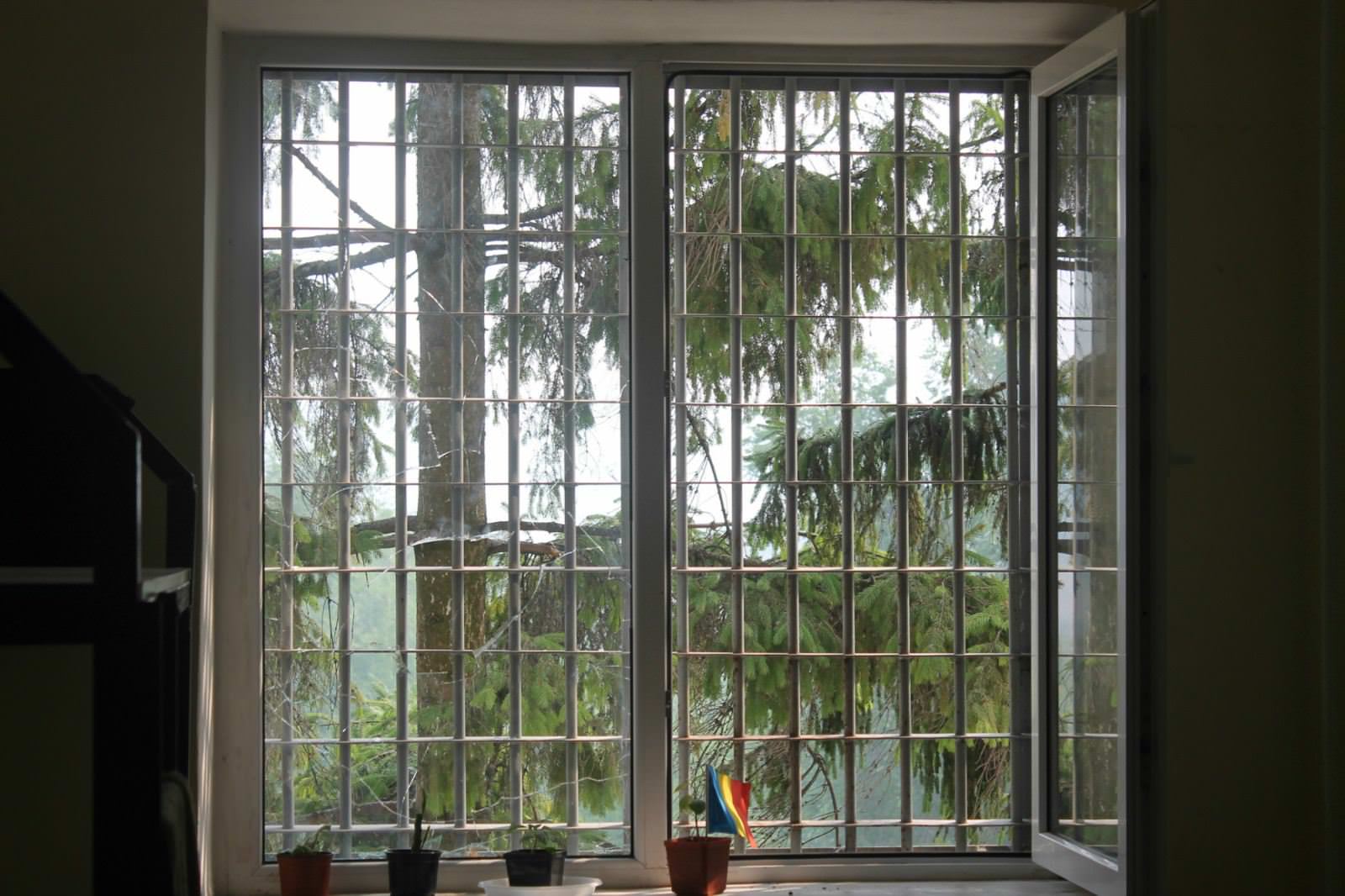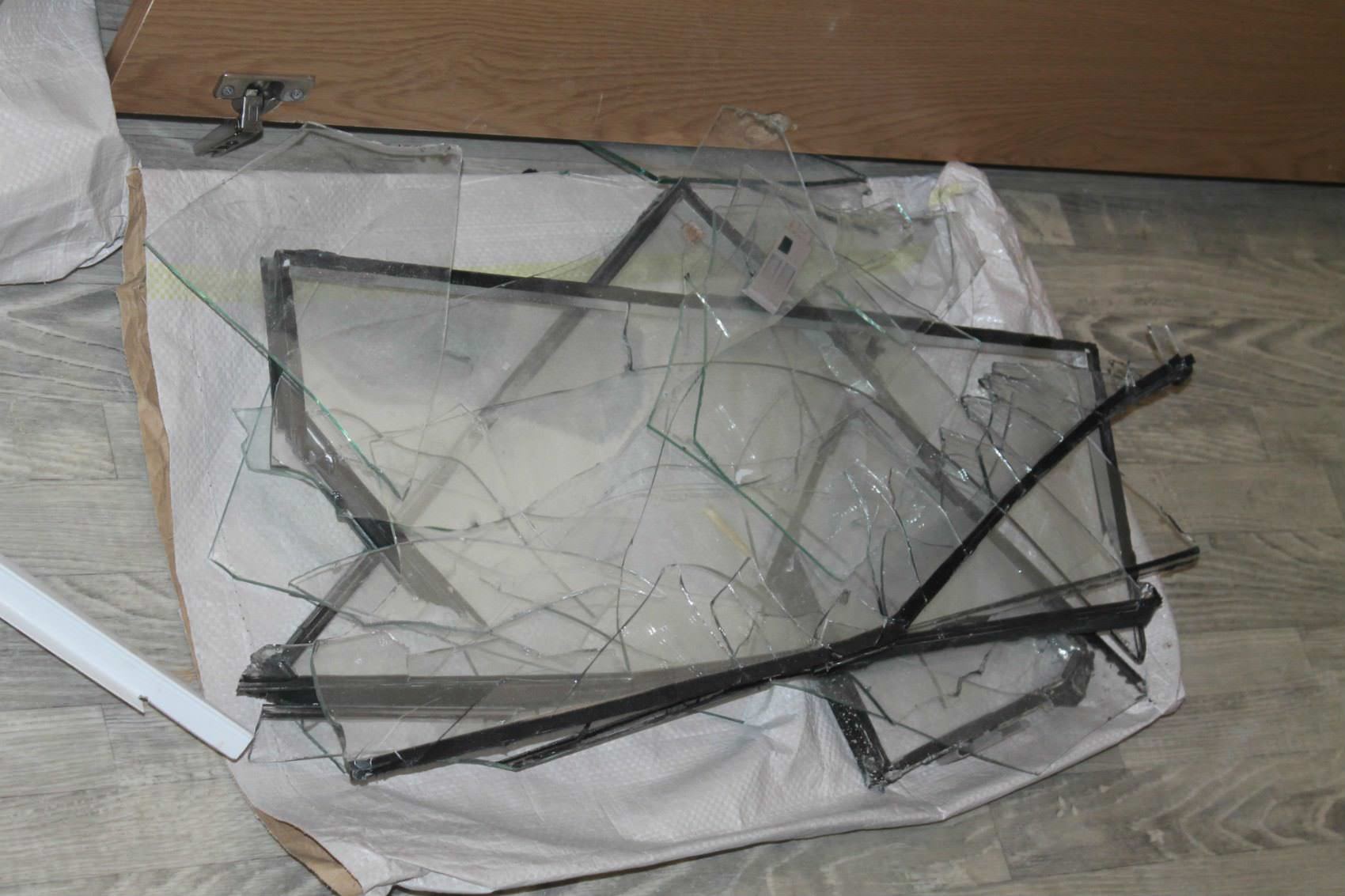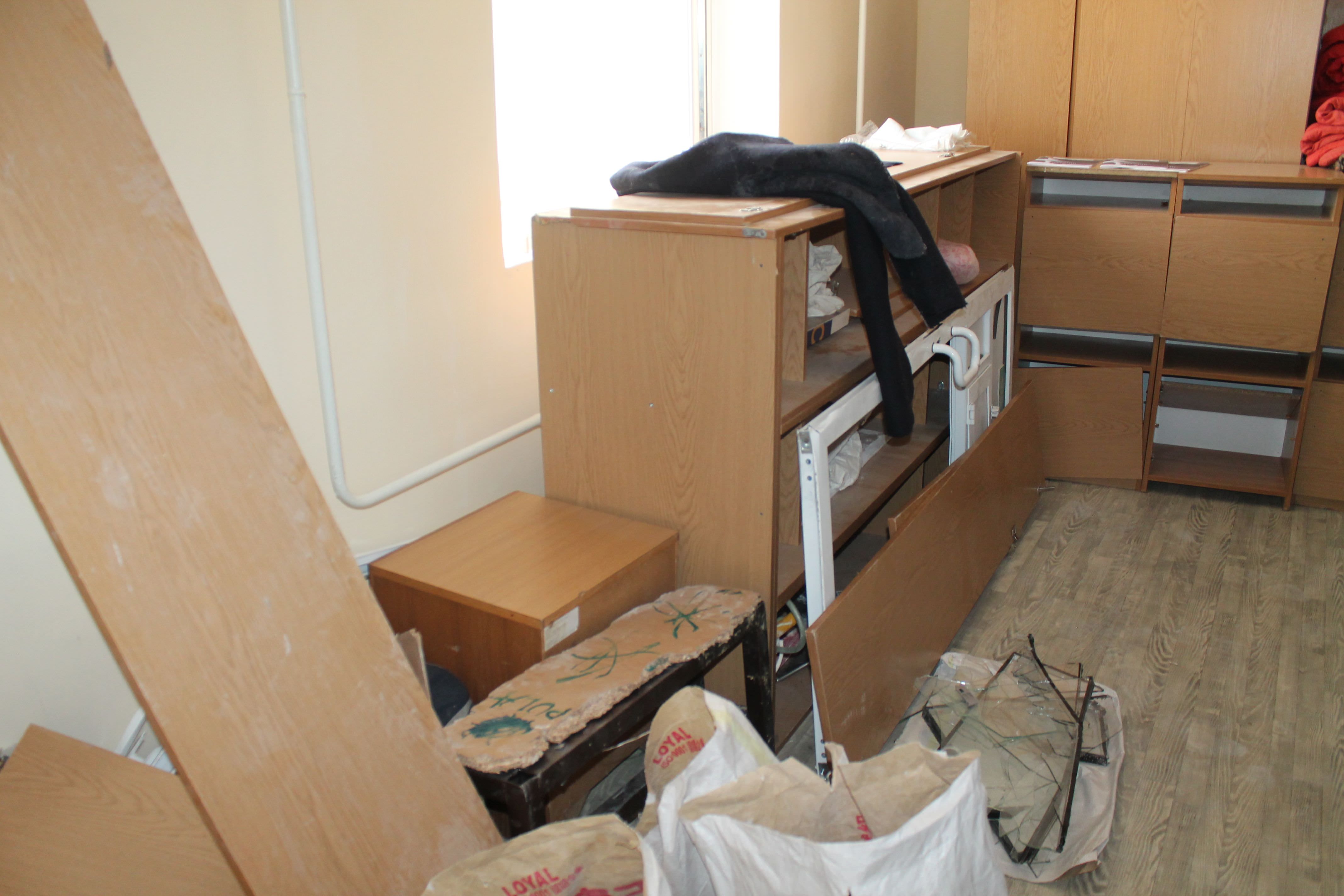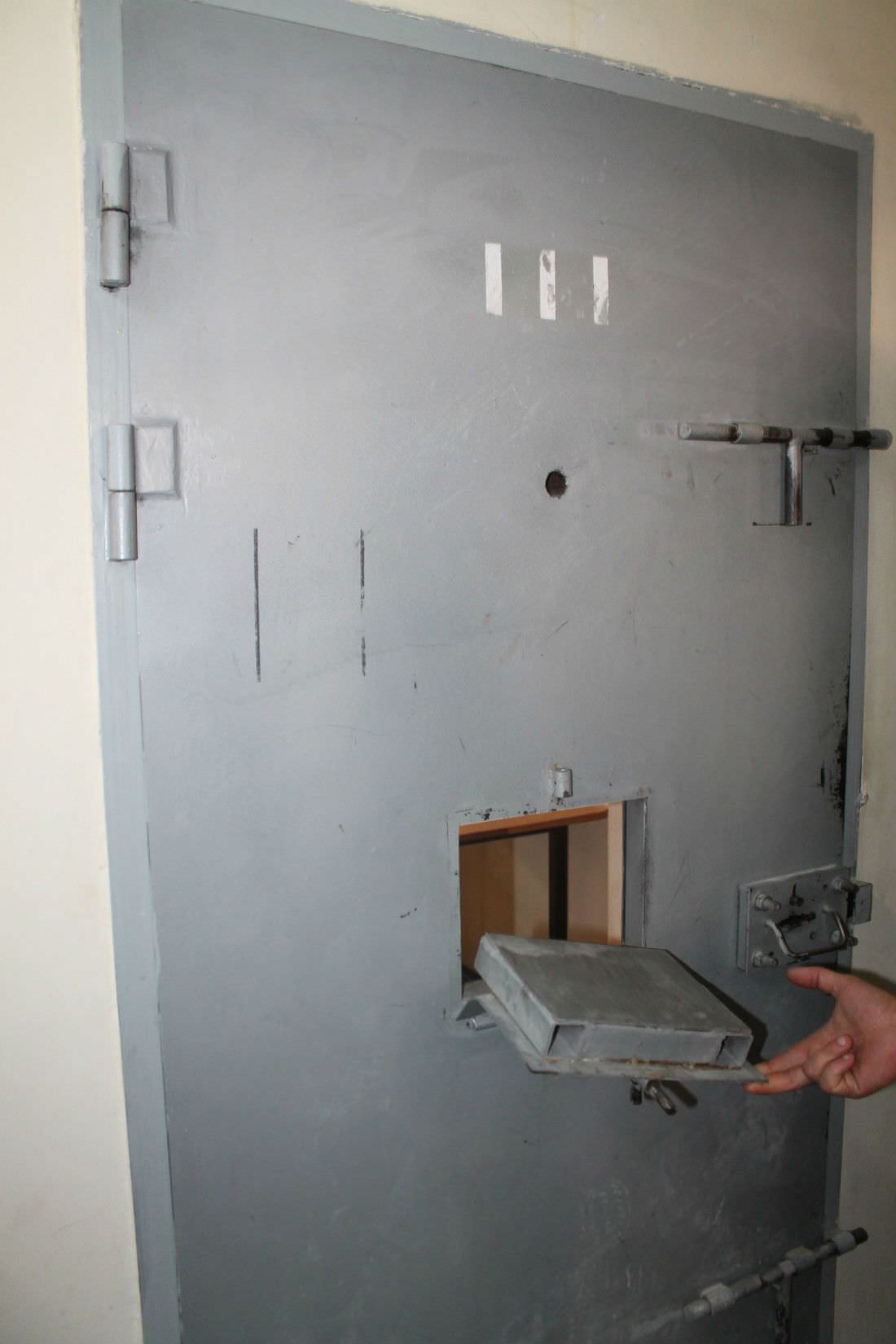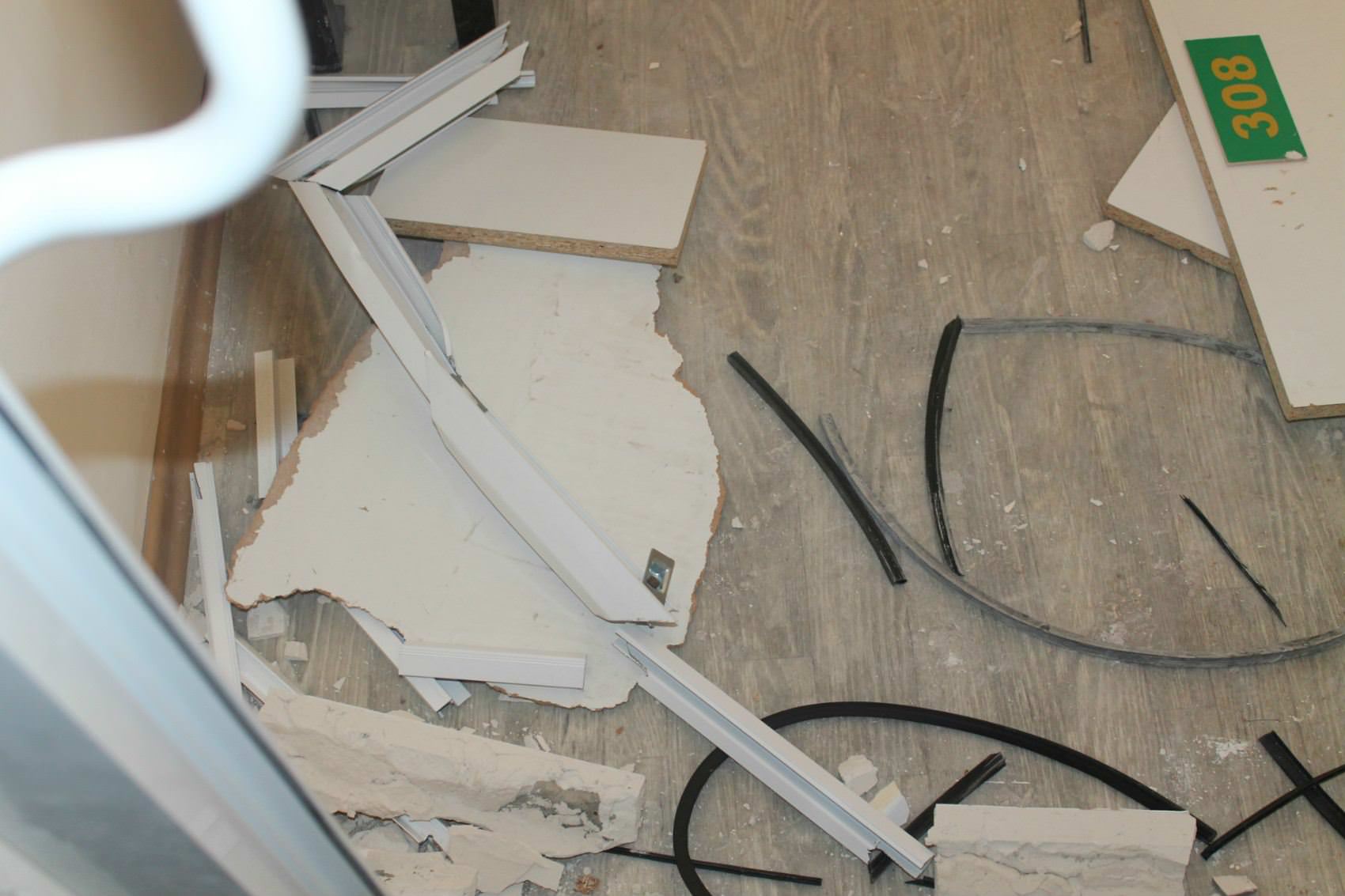The Ombudsperson’s Office: Riots at the Penitentiary No 10 from Goian are the results of several irregularities admitted

On 4 September 2015, the officers of Ombudsperson's Office visited the Penitentiary No 10 from Goian with the view to clear up the circumstances that led to the mass revolts of minor detainees, and well as to monitor the actions undertaken by the penitentiary administration and staff during the riots.
The team of monitors from the Ombudsperson's Office, consisting of the head of Child’s Rights Protection Service - Tatiana Crestenco, main consultant - Gheorghe Bosii, and the consultant - Iurie Dubenco.
The officers of Ombudsperson's Office were informed from by DPI and the penitentiary staff about the circumstances and reason of the revolt that took place on 3 September, when a group of minor detainees violated the detention regime and damaged several goods that belonged to the penitentiary.
As the representative of DPI - Victor Esanu declared the conflict between the detainees and penitentiary administration started around 9:30 p.m. on 3 September 2015, when a group of detainees became fidgety and demanded to be allowed to smoke in the penitentiary. They started damaging goods from the detention cells and slamming the doors. Thus, a group of 7-8 detainees from the third floor – being fomented by other detainees from the fourth floor – started to brake down the cell doors, the glass from the windows as well as the furniture in the cell. The staff made an attempt to calm down the revolt by persuading the detainees to do so. To calm the revolting detainees down, the staff discussed with them about the illegal actions and the consequences of those actions initiated by them. The detainees ignored the discussions and refused to go to sleep. However, the penitentiary and DPI decision makers did not apply physical force and special means against them. Three detainees hurt themselves during the revolt.
The Ombudsperson's Office staff visited the detention block and discussed with some of the detainees. On the third floor in one of the cells, four detainees were visibly nervous. The cell was made havoc of, the door and glass of the window were broken, the furniture was broken. When asked by the officer of the Ombudsperson’s Office about what happened, the detainees declared that it was an action of protest against the decision not to allow them smoke in the penitentiary, and against the prohibition to receive cigarettes via parcels. The detainees were aware of the consequences following the destruction of penitentiary-owned goods, about the potential criminal consequences, but they said that there was no other way to make themselves heard. All the detainees expressed their desire to be allowed to smoke in the penitentiary.
The employees of the Ombudsperson’s Office sent a notice about their visit to the Department of Penitentiary Institutions with regards to the elimination of violations regarding the rights enshrined in Article 24 (2) of the Constitution of the Republic of Moldova (right to life, physical and mental integrity).
The notice informs that the causes that determined the violation of the detention regime and the damage of penitentiary-owned goods were the following:
a) lack of an individual assessment of the every detainee;
b) superficial analysis of the eventual risks that may arise in the penitentiary;
c) staff turnover in the recent period;
d) tense relationships between the penitentiary management and officers with the minor detainees, corroborated by the lack of the constructive relationships. Detainees’ contention that the former management of the penitentiary allowed them to smoke, means that other irregularities were admitted before, which impelled the detainees to commit new illegal actions;
e) the revolt urges the management of the penitentiary to take measures to react efficiently to the complex requests and divergences that are addressed to them by both minor detainees and by the penitentiary staff.
f) the regulatory acts and internal regulations of the DPI and Penitentiary No 10 do not expressly provide the prohibition to smoke and receive tobacco items, such provisions are yet to be established.
For purposes of avoiding similar cases and ensuring standards in human rights field, the Ombudsperson's Office recommended the penitentiary management to take appropriate measures to eliminate the aforementioned gaps.
